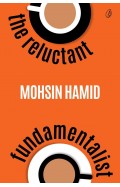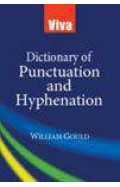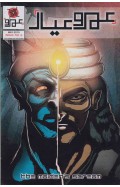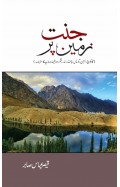- Home
- Categories
- Non Fiction
- Education and Reference
- Karachi’s Public Transport - Origins, Evolution, and Future Planning
Karachi’s Public Transport - Origins, Evolution, and Future Planning
By: Arif Hasan
-
Rs 823.50
- Rs 915.00
- 10%
You save Rs 91.50.
Due to constant currency fluctuation, prices are subject to change with or without notice.
Karachi, the largest city in Pakistan has a major transport crisis. At independence in 1947 it had a fairly efficient public transport system. Since then, the State has made enormous investments to address its transport needs. Different models of public, private, and public-private partnerships were developed and implemented along with a railway system. Many of these initiatives met with considerable success to begin with, but ultimately fizzled out.
This book describes the pre-independence situation and subsequent initiatives while analysing the political, social, technical, and financial reasons for their failures and successes as well as the role of international financial institutions, and the judiciary. It also looks at the innovative responses of the informal private sector to the crisis, the pros and cons of present-day government planning, and the interests of various stakeholders in the transport drama that exists today.
Karachi, the largest city in Pakistan has a major transport crisis. At independence in 1947 it had a fairly efficient public transport system. Since then, the State has made enormous investments to address its transport needs. Different models of public, private, and public-private partnerships were developed and implemented along with a railway system. Many of these initiatives met with considerable success to begin with, but ultimately fizzled out.
This book describes the pre-independence situation and subsequent initiatives while analysing the political, social, technical, and financial reasons for their failures and successes as well as the role of international financial institutions, and the judiciary. It also looks at the innovative responses of the informal private sector to the crisis, the pros and cons of present-day government planning, and the interests of various stakeholders in the transport drama that exists today.
Tharparkar : Drought, Development and Social Change
By: Arif Hasan
Rs 900.00 Rs 1,000.00 Ex Tax :Rs 900.00
Karachi’s Public Transport - Origins, Evolution, and Future Planning
By: Arif Hasan
Rs 823.50 Rs 915.00 Ex Tax :Rs 823.50
The Search for Shelter: Writings on Land and Housing
By: Arif Hasan
Rs 875.50 Rs 1,030.00 Ex Tax :Rs 875.50
Zubin Mehta: A Musical Journey (An Authorized Biography)
By: VOID - Bakhtiar K. Dadabhoy
Rs 892.50 Rs 1,050.00 Ex Tax :Rs 892.50
The Reluctant Fundamentalist: From Book to Film
By: Mira Nair
Rs 930.75 Rs 1,095.00 Ex Tax :Rs 930.75
Viva Dictionary Of Punctuation And Hyphenation
By: William Gould
Rs 127.50 Rs 150.00 Ex Tax :Rs 127.50
And Another Thing... (The Hitchhiker's Guide to the Galaxy)
By: Eoin Colfer
Rs 355.50 Rs 395.00 Ex Tax :Rs 355.50
Collins Pocket Italian Dictionary
By: Collins Dictionaries
Rs 1,847.50 Rs 3,695.00 Ex Tax :Rs 1,847.50
The Reluctant Fundamentalist: From Book to Film
By: Mira Nair
Rs 930.75 Rs 1,095.00 Ex Tax :Rs 930.75
The Careers Handbook: the Ultimate Guide to Planning Your Future
By: DK
Rs 3,145.50 Rs 3,495.00 Ex Tax :Rs 3,145.50
Zubin Mehta: A Musical Journey (An Authorized Biography)
By: VOID - Bakhtiar K. Dadabhoy
Rs 892.50 Rs 1,050.00 Ex Tax :Rs 892.50
Tharparkar : Drought, Development and Social Change
By: Arif Hasan
Rs 900.00 Rs 1,000.00 Ex Tax :Rs 900.00
Karachi’s Public Transport - Origins, Evolution, and Future Planning
By: Arif Hasan
Rs 823.50 Rs 915.00 Ex Tax :Rs 823.50
The Search for Shelter: Writings on Land and Housing
By: Arif Hasan
Rs 875.50 Rs 1,030.00 Ex Tax :Rs 875.50
The Reluctant Fundamentalist: From Book to Film
By: Mira Nair
Rs 930.75 Rs 1,095.00 Ex Tax :Rs 930.75












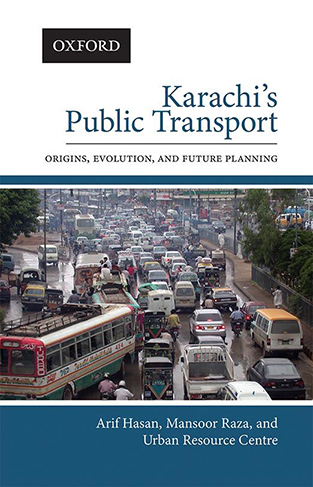

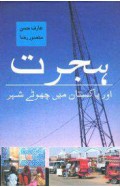

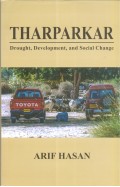

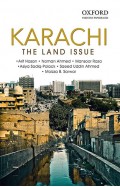
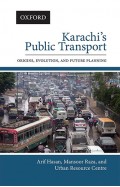
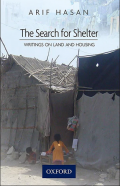
-120x187.jpg?q6)







 Ltd1-120x187.jpg?q6)
